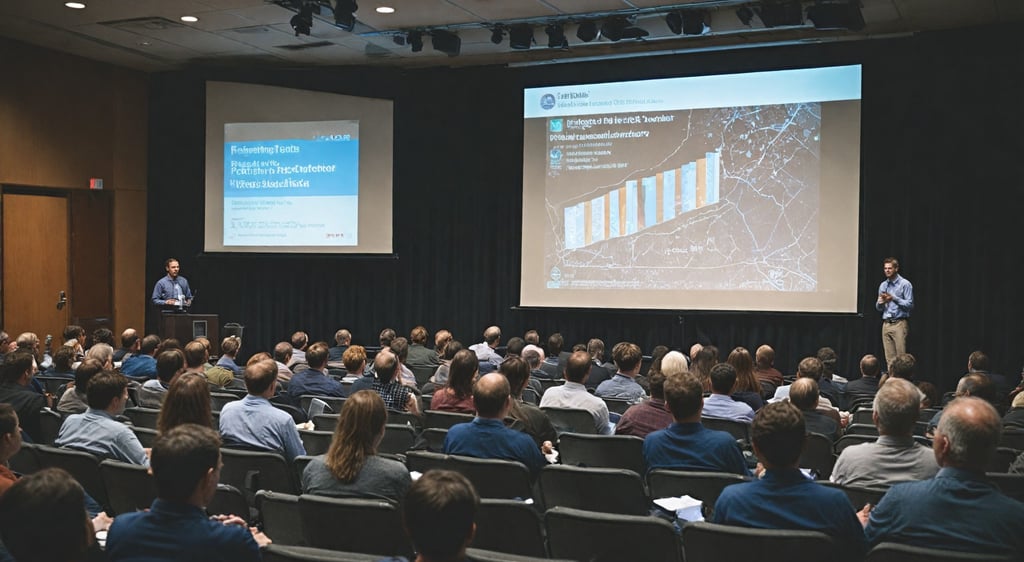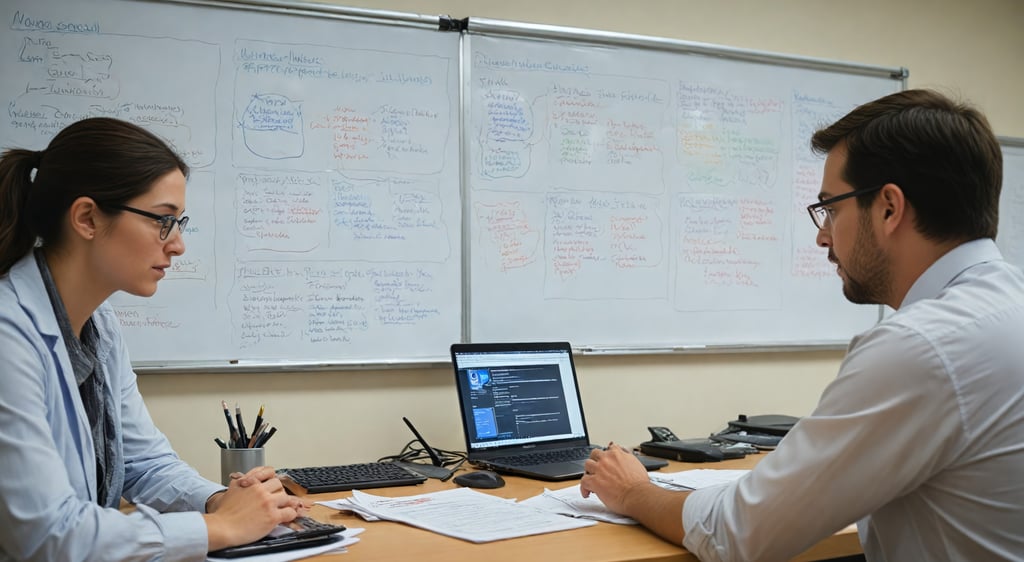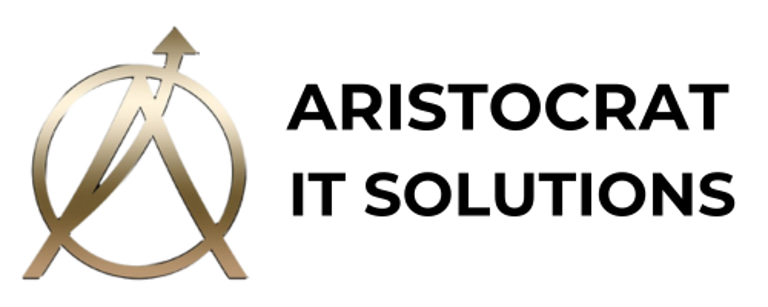Tips for designing follow-up studies based on negative findings.


Collaborative Opportunities: Explore collaborative opportunities that can arise from sharing negative results.
Communicating Negative Results to the Research Community
Presentations and Conferences: Strategies for presenting negative results at conferences and seminars.
Open Science Platforms: Utilizing open science platforms to share negative results and data.
Networking and Discussions: Engaging in discussions with peers to explore the implications of negative results.


Common Challenges and How to Overcome Them
Perception of Failure: Addressing the perception of failure associated with negative results.
Publication Bias: Strategies for overcoming publication bias against negative results
Funding and Support: Securing funding and support for follow-up studies based on negative results.
Case Studies: Successful Publication of Negative Results


Example 1: Analyze a case study of successful publication of negative results, highlighting key strategies used.
Example 2: Discuss another example of leveraging negative results for impactful follow-up research.
Final Thoughts: Embracing Negative Results


Positive Perspective: Encourage researchers to embrace negative results as valuable contributions to science.
Continuous Improvement: Emphasize the importance of continuous improvement and learning from all research outcomes.
Call to Action
Need help publishing and leveraging negative results in your research? Our professional services can guide you in effectively communicating and utilizing negative results to advance your scientific endeavors.
Enquire now at [wa.me/+919894595035?text=authorspark](https://wa.me/+919894595035?text=authorspark ) to get expert support.
Visit [www.AristocratResearch.com](https://www.AristocratResearch.com) for more information.
By effectively handling negative results, researchers can contribute to scientific knowledge, reduce publication bias, and advance their research through continuous learning and improvement.
Address
Aristocrat intelli-Tech (iT),
3rd Floor, Centre for Advanced Studies,
Innovation Council, Sathyabama University,
OMR, Chennai - 600119.

